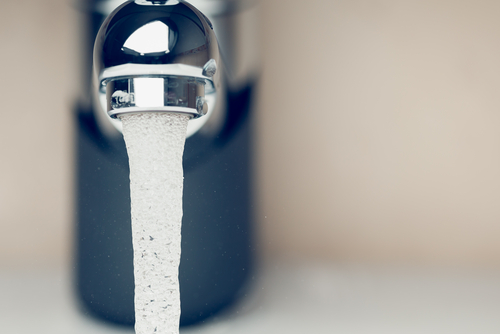HOMENEWS & INSIGHTS
Water, drainage, and sewers; out of sight, but not out of mind.
When contemplating our business properties, attention tends to focus on the visible aspects, such as the architectural design or practical aspects such as access facilities or security. While services relating to water supply, drainage, and sewers, tend to be out of sight, it is important that they are not forgotten by commercial property owners.
Business tenants expect clean water in the taps and rely on sewage and surface water being removed efficiently. This means effective and well-maintained drains and sewers running from your property all the way to a public sewer.’
When planning a development, understanding the obligations and restrictions related to water, drainage, and sewers is critical. If there are pipes or sewers on your land, determining ownership can be challenging. Your solicitor can assist in gathering comprehensive information to clarify your responsibilities and ensure compliance with all obligations. For any onsite work or redevelopment, it’s essential to follow the correct processes to ensure new drains and sewers meet required standards and to secure the necessary approvals.
Who is responsible for drains and sewers?
It is important to know who is responsible for the drains and sewers on your land, because maintaining them can be expensive. The pipes and drains can be owned by someone different from the owner of the land through which they run.
Most properties drain to a public sewer in the street through a combination of lateral drains and private sewers. The owner of the property is responsible for the parts of the drainage system within the boundary of their property, and so must maintain the relevant section of the drains and sewers.
Since October 2011, the rest of the system is likely to be owned by one of the officially regulated sewerage companies which is responsible for ensuring that foul and surface water are removed from the property.
In some cases, there may be private pipes running through your land that serve neighbouring properties. They can be difficult to discover, unless they are referred to in the title documents or there are obvious external signs, like a manhole cover. The owner of the property they serve will probably have implied rights to use the pipes for drainage.
How do drainage rights affect your land?
If a regulated sewerage company owns drains or sewers on your land, they have statutory rights to come onto your land to inspect and maintain them and, if necessary, to alter them and lay new pipework.
You must take water infrastructure into account if you want to redevelop or extend your property, because you cannot build over or within three metres of it without consent from the sewerage company. They may insist you change your plans to avoid the sewer altogether or require you to divert it. If they do give consent, it will be subject to access arrangements for the company, satisfactory protection for the sewer and an indemnity for any damage you cause. Agreements like this can be difficult to negotiate, so it is well worth getting your solicitor to look at any build-over agreement before you sign it.
If a neighbour has drainage rights through private pipes on your land, they will also have a connected right of access to repair them and you must not do anything that would interfere with those rights or make them more difficult to exercise.
Installing new drainage
If you need to install new drains or sewers as part of a redevelopment or extension, you must build them to an appropriate standard. This is a condition of connecting into the public sewer network and means that the relevant regulated sewerage company can adopt the new drains once they are completed.
Your solicitor will help you get the process and paperwork right and will also check whether you need to negotiate rights to install any pipework on neighbouring land, to connect from your property to a public sewer.
Are you liable for floods?
Climate change seems to be making flooding more frequent and you could be liable to other landowners if you have not taken appropriate precautions.
You are not liable for water which simply drains naturally from your land but if, for example, you have built a drainage culvert on your land and allowed it to become blocked, you may be liable if your neighbour’s land is flooded as a result.
You owe a duty to your neighbours to do whatever is reasonable in the circumstances to prevent or minimise the risk of damage by any hazard on your property which you know or ought to know exists and which you should reasonably foresee could cause damage if not dealt with.
How we can help
Your solicitor can carry out formal searches and check your title documents for any evidence of drains, sewers and water pipes on your land. If you damage water infrastructure or build over it without realising, you could be required to remove new buildings and be hit with a large bill for damage. It is far better to make sure you have as much information as possible before you start and have an experienced solicitor to help you with any negotiations with the relevant sewerage company, so you do not end up with obligations that are too onerous.
Contact us
For further information, please contact one of our Commercial Property experts.
This article is for general information only and does not constitute legal or professional advice. Please note that the law may have changed since this article was published.
Share article
Our offices
Contact Us
5 Poole Road
Bournemouth
Dorset
BH2 5QL
Tel 01202 377800
9 Poole Road
Bournemouth
Dorset
BH2 5QR
01202 377800


